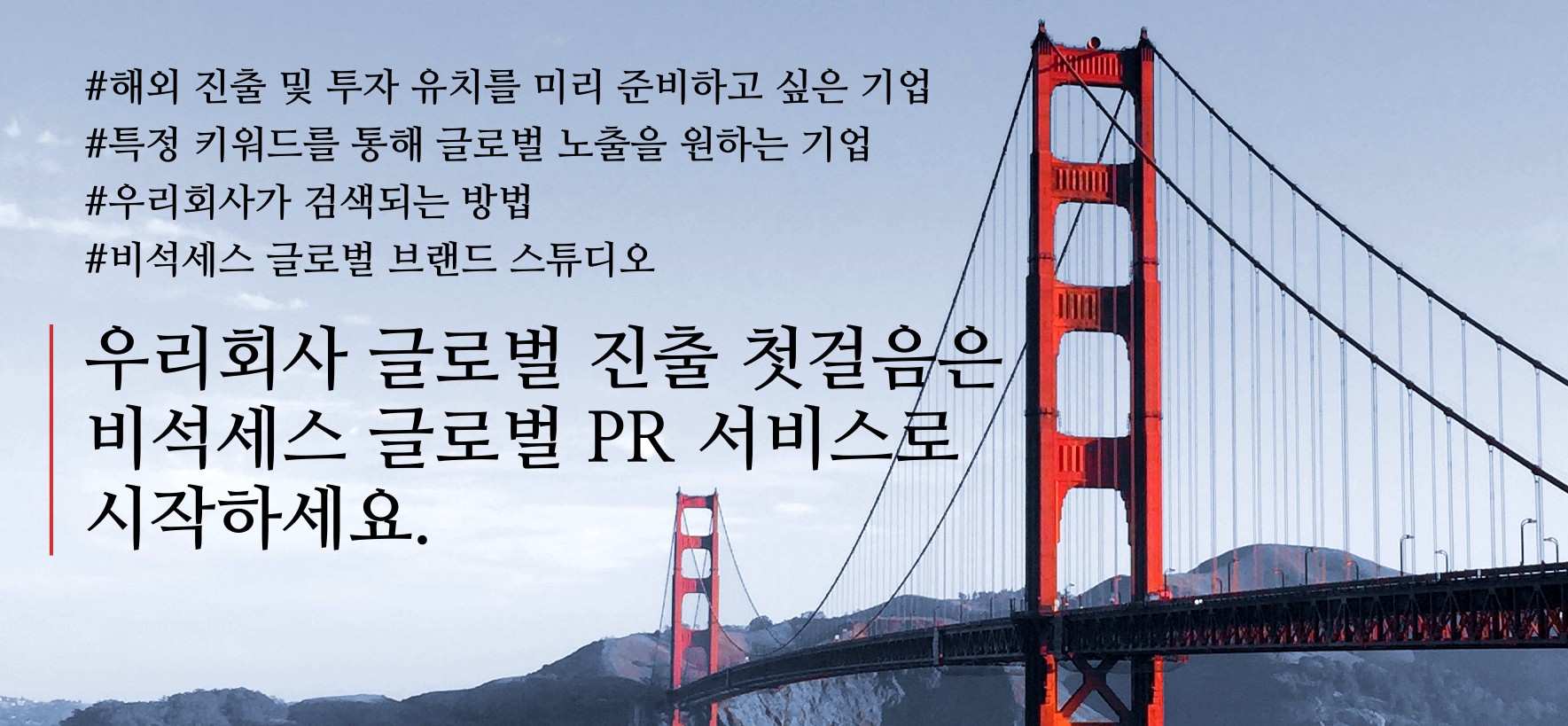Daniel Tudor is a British journalist and first-time author based in Seoul, Korea. He is the local correspondent for The Economist. His first book, ‘Korea: The Impossible Country’ will be published by Tuttle in November this year. “It’s basically an introduction to South Korea for newcomers, business travellers, and anyone else who would just like to have some idea what this amazing place is about” says Daniel on his website about the book. We caught up with Daniel to learn more about the book.
Daniel lived in Seoul, Korea from 2004 to 2007, one year as an English teacher, followed by a spell as an equity trader, and then a researcher for an asset management firm. In 2010 he moved back to Seoul to work for The Economist.
What is the book Korea: The Impossible Country about?
Korea: The Impossible Country is a general introduction to South Korea. That might sound a bit of a boring description, but it touches on everything from Shamanism (a surprisingly big influence still), the modern Korean love of all that is new, Confucianism, the manic competition that infects this society, food, politics, business, and the film industry, to the situation of those historically marginalised, such as women and homosexuals. It is 'a bit of everything', because after all, it is about an entire country. It also draws heavily on interviews with all manner of people - including celebrities such as Choi Min-shik (the star of 'Old Boy') and Hong Myung-bo (2002 Korea World Cup Football Team Captain), the Mayor of Seoul, and an assorted cast of Shamanists, 'room salon' hostesses, 'salarymen', academics, politicians, rock singers, chefs, architects, and so on.
It is also a touch critical, I have to admit; so, those who are looking for a jolly tourist guide type thing probably won't like it. Park Jin-young (founder of JYP Entertainment) has read my book and said the same - but added that he can feel my love for Korea all the way through. Actually, that is the best response I can have, because it is exactly what I had in mind when I wrote it. I love Korea, and I think that the best way to show it to the world is to be honest about the good and the bad, but through that prism of warmth.
What motivated you to write the book?
To my endless surprise, there are so few books that just lay things out and give the newcomer a rough idea of what this place is like. There are a million China books and a million Japan books (and about 100,000 North Korea books!), but the last big general South Korea book was by Michael Breen in the late 1990s - eons ago in modern Korean terms! I always think that if you identify something that should exist, but doesn't, then you should try and make it yourself. And these days, there is definitely a growing interest in this country. Not just because of 'Gangnam Style', but for a multitude of reasons: growing economic power, Korea's new 'cool' factor as found in places like Hongdae (the university district), K-pop and drama, cinema, computer gaming, medical tourism even, you name it.
What role do entrepreneurship and innovation play in Korean society based on your observations and research?
A difficult question...but I think that entrepreneurship doesn't play enough of a role in Korean society. Since the 1960s the Korean economy has been dominated by 'chaebol', firms that gained a gigantic head start due to the support of the government. I don't want to criticise the creation of that system, as it suited its time; but today, these chaebols still have a massive advantage over the genuine startup entrepreneur. There are more proper entrepreneurs emerging these days though; the first wave success of NHN, NCSoft and so on is inspiring a new generation, and the current VC environment seems pretty positive (though a lot of that is admittedly down to the government).
Regarding innovation.. I'd say Korea is a bit of a paradox. On one hand, this is the country where social networking first became a big thing (Cyworld), VoIP got started (Saerom Dialpad in 1998), and popular 'citizen journalism' originated. However, Korea has had this image for a long time of being first a copycat, and then a 'fast follower'. I suppose it doesn't help that its largest firms have been tarred with this brush, resulting in the whole Korean economy having such a reputation. I'd say that the Korean 'system' both economic and educational are not conducive to innovation at all, but yet somehow, innovation here does exist.
The book is scheduled for release in November 2012. You can pre-order the book on Amazon here. Connect with Daniel on his website here.






